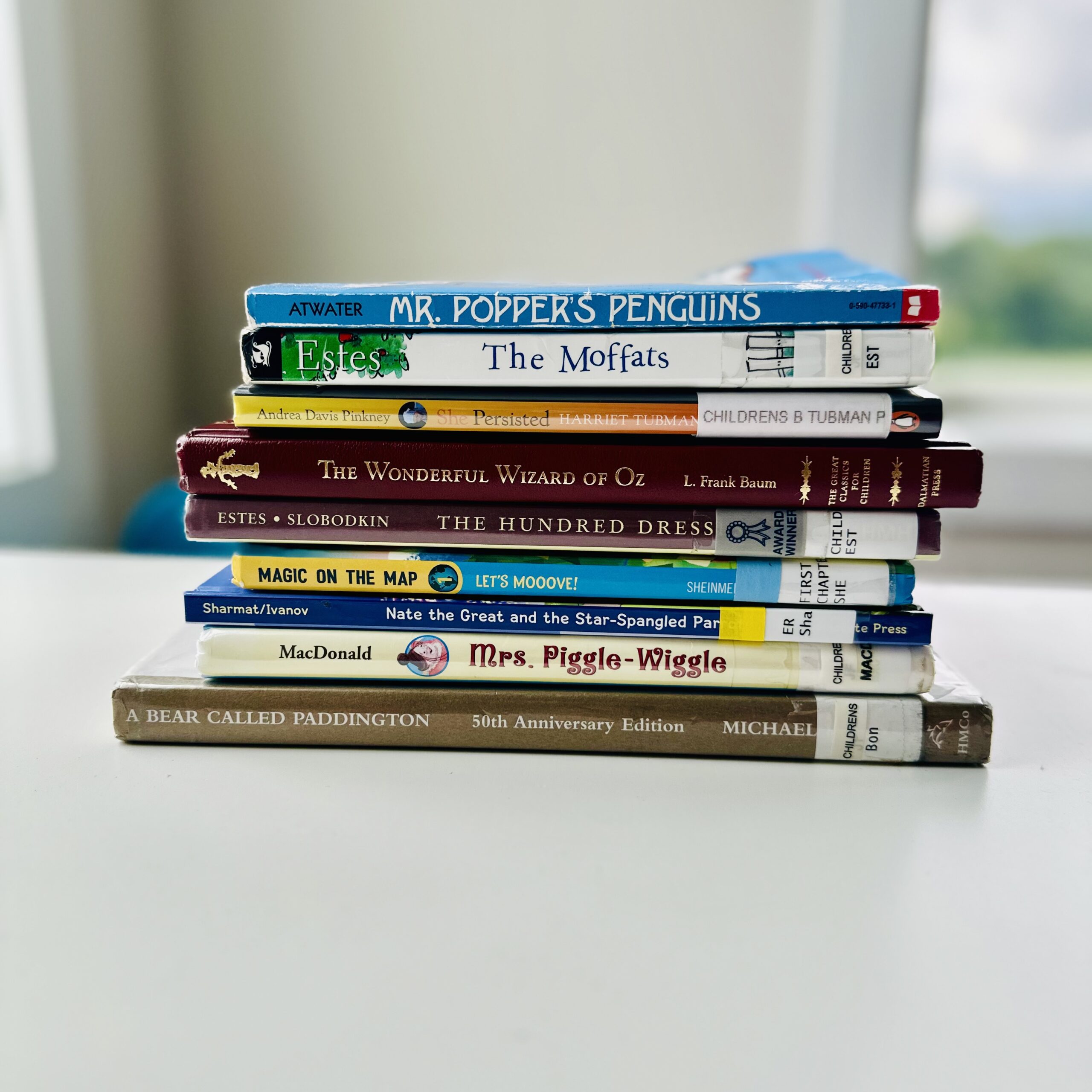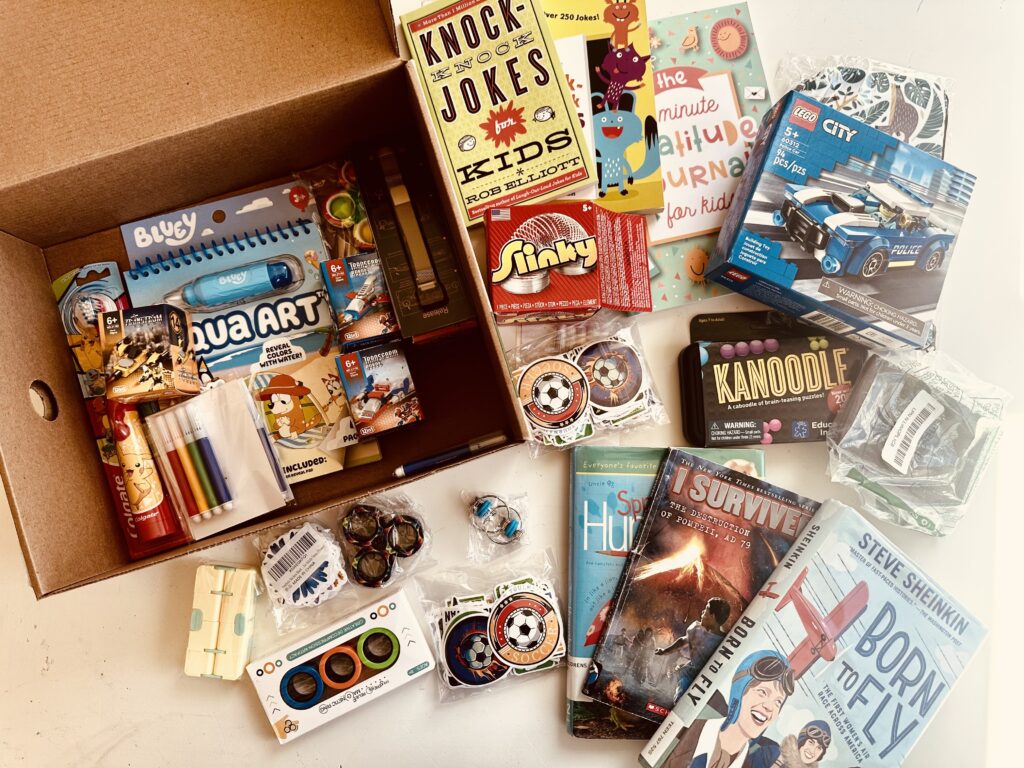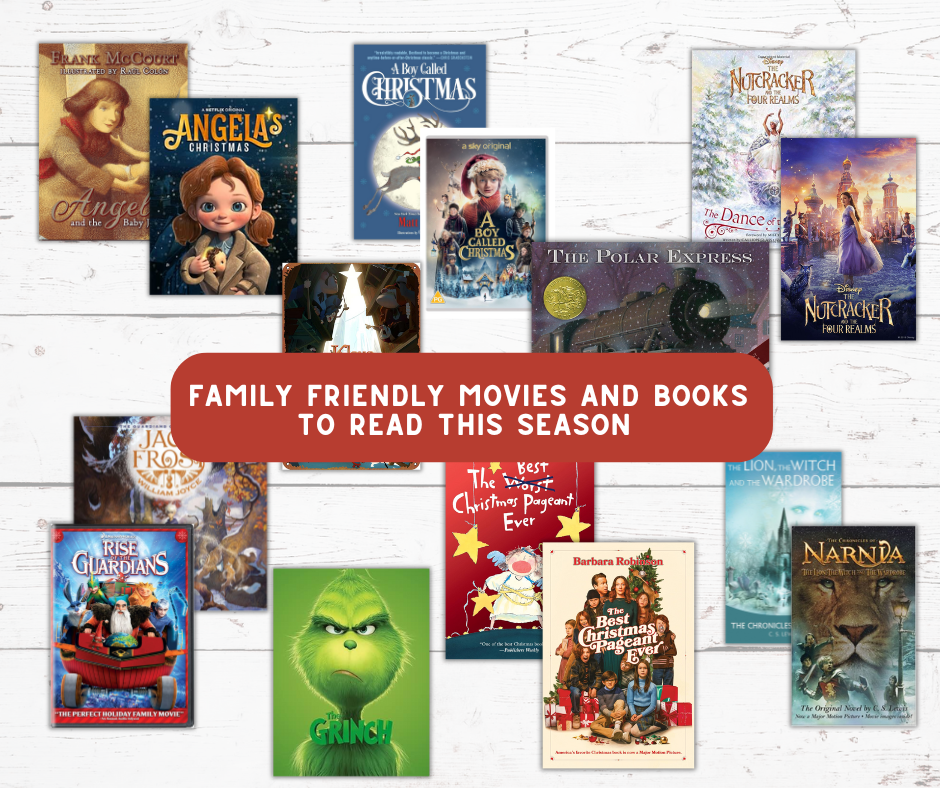Encouraging Reading: A Balanced Approach
I have often written about the struggles I face in getting a certain child of mine to read. While we would all love to have book lovers in our homes, the reality is that not all children will naturally gravitate towards books. So, do you let your child off the hook or force a book-loving life upon them? The answer lies somewhere in between.
Let’s begin by acknowledging that reading is essential for children because the benefits far outweigh any other activity they could indulge in. Reading is an integral part of growing up and learning about the world.
The Outcomes of Reading are more than just Academic
When we think about the benefits of reading, academic outcomes like vocabulary development and comprehension skills often come to mind. But not all children develop these skills simply by reading. Intentional cultivation through writing and speaking, as well as through narration and concise summation, is also essential for developing these outcomes. Just like reading good literature doesn’t automatically translate to excellent writing, developing language skills requires both consumption and practice.
But here’s what reading can do without additional practice, a wonderful by-product. It helps children develop knowledge of the world, critical thinking abilities, emotional intelligence, and empathy by exposing them to personal stories and experiences. It also fosters imagination, allowing kids to explore fantasy worlds and imaginative storylines. More importantly, it builds curiosity and a lifelong desire to know and explore more.
Knowledge Acquisition: A Powerful Benefit of Reading
What about knowledge? This is the greatest impact reading will have on your child. When children are passionate about a particular topic, they are likely to remember and talk about what they’ve read for years to come. For example, my child, who is captivated by the “Who Would Win?” series, can recount the most bizarre facts about animals. When my son read Magic on the Map, he learned about places he would not have known, such as Colorado, the Big Apple, and the landmarks in these places. My 10-year-old, who loves historical fiction and non-fiction, has devoured some eye-opening chapter books and textbooks and can quickly recall facts during discussions.
Clearly, children gain significant knowledge from reading, which is why we must encourage it. I believe in incentivizing reading, especially for those who struggle to pick up a book for pleasure so they reap these benefits.
Incentivizing Reading: A Strategic Approach
This impressive book stack belongs to my 7-year-old, but it’s only some of what he read this summer. He also listened to Roald Dahl audiobooks, read the Who Would Win? and Fly Guy series, sprinkled in some chapter books series such as Wrenly and Fable Stables, and enjoyed several picture books.
The books I incentivized were the chapter books that he doesn’t naturally enjoy reading. The transition from picture books to serious literature with small print and no illustrations can often put off kids at this age. Additionally, many kids aren’t aware of the vast variety of books available. Discovering which types of books are enjoyable is a significant part of the reading journey, and it’s our job to help guide them through it. For this reason, I let him pick books on his terms and add more to his stack and tie them to rewards.

7-year old’s Incentivized Book Stack (Full list below)
Tailoring Rewards to Your Child’s Interests
While it’s true that only some kids thrive on rewards, I’ve found that all kids will respond as long as the reward appeals to them. If you offer cash for books but your child doesn’t care about money, you likely will see little success. Instead, find what your child loves and offer that as an incentive. For example, my child loves Pokémon, so I offered him one card for each book he read. Before I knew it, he eagerly read the books I had selected for his summer reading. Later, he was willing to tackle longer, more challenging chapter books for bigger rewards. I have had minimum struggles with him since we started this. He will ask me for the next book and gladly read it knowing the rewards were worth the effort.
The Unseen Benefits of Incentivized Reading
Here’s what my child didn’t realize: he was exploring the world of books and developing a passion for certain genres. For now I’ve found he enjoys mystery stories, non-fiction, and is not particularly fond of fantasy, but as he grows, his interests will evolve, and so will the books he chooses to read.
So why offer a reward? Not only will it entice your child to read, but they will reap the countless benefits of reading without even realizing it, and slowly fall in love with it.
Summer Book List (7-Year-Olds)
She Persisted – Harriet Tubman
Magic on the Map Book – Let’s Mooove
Magic on the Map Book – The show must go on
Nate the great and the Star Spangled Parrot
Who would win – Blue whale vs. mosquito
Who would win- Polar bear vs. grizzly bear
Fly Guy presents : scary creatures!
Fly Guy presents : the White House
If you were a kid on the Mayflower by Josh Gregory
All links are Amazon affiliate links. Any purchases made using these links give me a small commission with no added cost to you.



